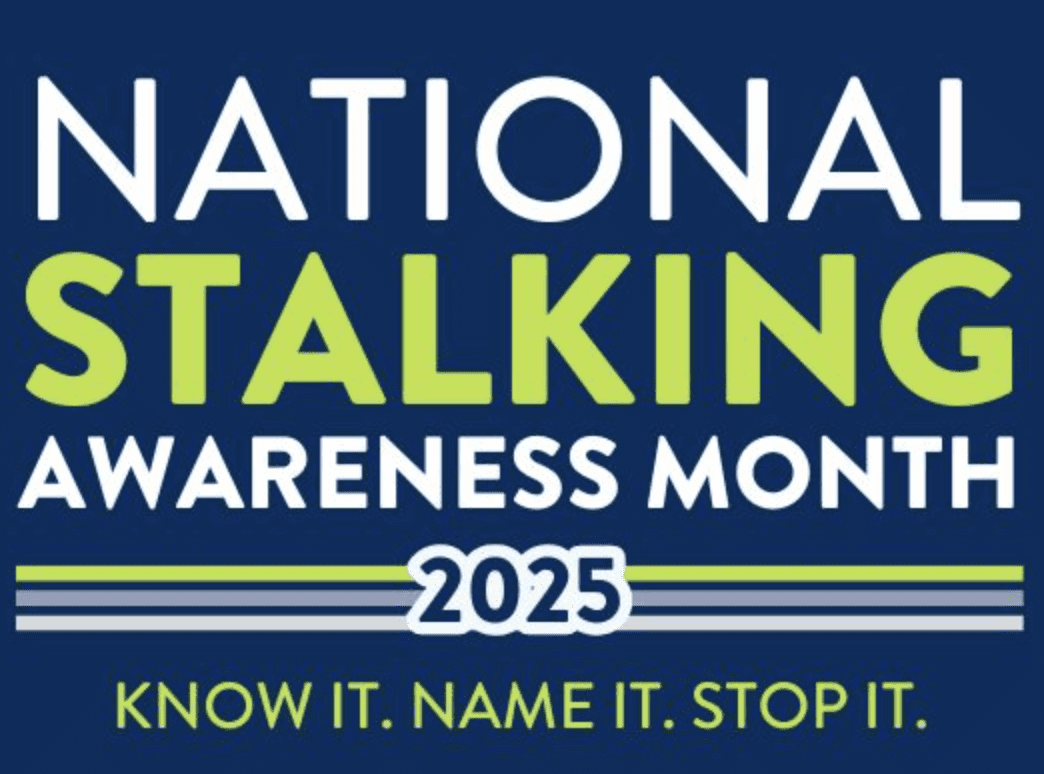By Richard Gallagher, Ph.D
Your summer plans for your children are probably already in place. Your kids may be scheduled to participate in recreational activities sponsored by your school or town, you may have them enrolled in day camp programs or educational activities, and some of you are sending the children away for camp or teen tours. Although it appears that everything is all set, it’s a good idea to take a few more steps to help prepare your children for their experiences. Summer usually means more freedom for children and usually less adult supervision than that encountered during the school year. It also sometimes means a lot less contact with you, so you need to make sure that your voice and support have been provided to make your child’s experience fun, rewarding, safe, and healthy.
General guidelines
• Discuss how you expect kids to relate to others and to the authorities at camp.
• Discuss any emotional challenges that your children are likely to experience, including homesickness, and help them determine how to cope.
• Discuss what safety measures you expect your kids to follow.
• Discuss what rules you expect your children to follow while away from home and your supervision.
Challenges that younger kids may encounter and what to do
• Worries about separation and new activities. Some children are more naturally shy and may have had some difficulty separating in the past. It can be helpful to revisit strategies that have helped. Some parents and children may be surprised by a child’s worry in a new setting. The staff can often help guide everyone through a rough patch.
• Peer problems and teasing. Forming relationships can be a problem for some kids and they may experience mild, moderate, or severe forms of rejection. Help your kids recognize the difference and when to get help.
• Harsh counselors or discipline. Many counselors are well trained, but many receive very limited training and supervision. When faced with challenges of caring for younger kids, they may decide to use punishment as the main means of guidance. Help your kids be ready to be as cooperative as possible, but make sure they report inappropriate actions.
Challenges that older kids may encounter and what to do
We recommend that you don’t just use this advice with your young children. Pre-teens and teenagers need some direction as much as other children. In fact, teenagers may need the most guidance because they are likely to be the least supervised. Some of the experiences they might have include the following.
• Temptations and risky situations. Summer is a time of a high level of accidents for teens including motor vehicle accidents, swimming accidents (a significant cause of death and injury), falls, and bike accidents. Additionally, teens are more likely to be presented with opportunities to use tobacco, alcohol, and drugs during the summer. They are on vacation and so are their peers. And organized programs are not free from these health risks. In fact, supervision of programs by just slightly older teens often presents kids with their first encounter of watching others use these substances. Pinpoint the ways in which you expect them to behave with regard to use of substances. You have to be specific. Don’t just tell them to stay away. Help them practice ways to refuse these temptations.
• Summer love. There are plenty of opportunities for teens to establish strong relationships and find lifelong friends during their summer activities. Most kids handle these relationships well and with responsibility, but a good number of teens will be tempted to get involved in sexual activities that you do not believe are healthy or appropriate. And, these opportunities may present themselves at shockingly young ages. The chance for contracting diseases and becoming pregnant can be significant. Committed relationships at young ages (when under 16 years old) may not be all they are cracked up to be; young teens who have been involved in exclusive relationships experience more depression than others of the same age who get involved in group dating or just establish friendships. Talk to them about the risks, your values, as well as what to say and do when faced with peer and sexual pressures.
Remember, kids make mistakes. Let them know that they can turn to you for advice and help no matter what. Although children and teens should face the consequences for their actions, it is important to let them know that you will help them when they are in trouble. This information can keep them from getting into worse circumstances when they have taken a wrong turn.
Source: Aboutourkids.org



